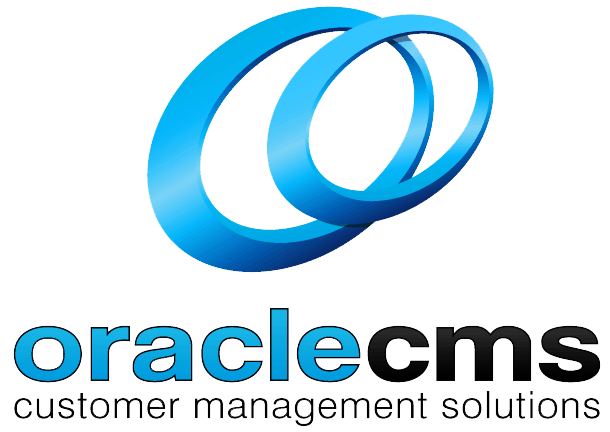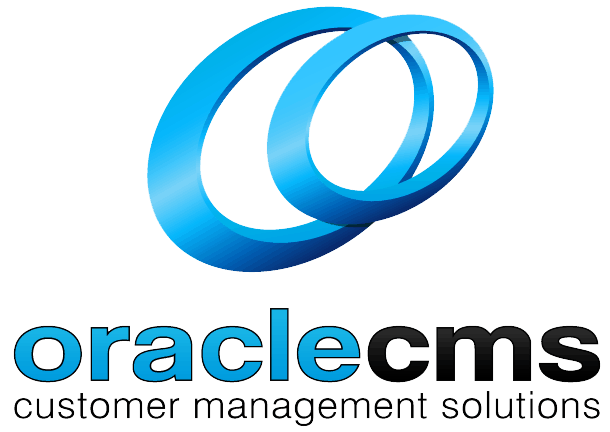What is Computer Telephony Integration (CTI)?
Computer Telephony Integration (CTI) represents a crucial technological advancement in modern call centres, linking telephone systems with business applications. This integration allows for more sophisticated control over call management through business software. With CTI, physical phones become unnecessary for agents; all telephony functions, such as answering calls, placing callers on hold, transferring calls, and more, can be executed via on-screen controls on their computers.
Beyond Basic Telephony: The Broad Scope of CTI
CTI transcends basic telephony control, underpinning many essential aspects of effective and efficient call centre operations:
- Data-Directed Call Routing: CTI empowers call centres with data-directed call routing. This process, managed by the Automatic Call Distributor (ACD), utilises data from incoming calls and integrates it with customer information from systems like CRM databases. As a result, calls are directed to the most qualified agent to meet the caller’s specific needs.
- Interactive Voice Response (IVR) Systems: The functionality of IVR systems is heavily reliant on CTI. Without it, these systems wouldn’t be able to operate effectively, as they need to integrate with other business systems to provide tailored responses to callers.
- Enhanced Reporting: CTI significantly improves the quality of reporting in call centres. It enables the integration of telephony data with business system data, providing a more comprehensive view of customer interactions and agent performance.
CTI’s Impact on Agent and Supervisor Efficiency
At the agent and supervisor level, CTI plays a pivotal role in elevating the customer experience and enhancing operational efficiency:
- Screen Pops: CTI facilitates the integration of phone systems with Customer Relationship Management (CRM) applications. This means that when an agent receives a call, the system automatically identifies the caller’s information and displays the relevant customer profile from the CRM, enabling the agent to provide a more personalised and informed service.
- Call Monitoring: CTI allows supervisors to monitor live calls, providing them the opportunity to intervene when necessary, ensuring quality control and offering real-time coaching opportunities.
- Automatic Record Creation: Integration with CRM applications also allows for the automatic creation of call records within a customer’s profile. This includes the addition of call recordings, ensuring a comprehensive record of customer interactions.
Expanding the Horizons of CTI
Looking beyond these immediate functionalities, CTI is set to evolve with advancements in AI and machine learning. Future integrations could see CTI systems predicting customer needs based on previous interactions, offering more proactive service solutions. Additionally, as remote working becomes more prevalent, CTI’s role in facilitating seamless remote telephony operations is increasingly significant.
Moreover, CTI can play a key role in analytics, helping to derive actionable insights from call data that can inform strategic decisions. This includes understanding customer patterns, agent performance metrics, and identifying areas for improvement.
In summary, CTI is not just an enabler of efficient call handling; it’s a cornerstone of modern customer service strategy. It enhances the customer experience by personalising interactions and streamlining access to customer history, while also boosting agent efficiency through automation. Progressive call centres recognise the importance of CTI and are leveraging its capabilities to stay ahead in a competitive landscape.

